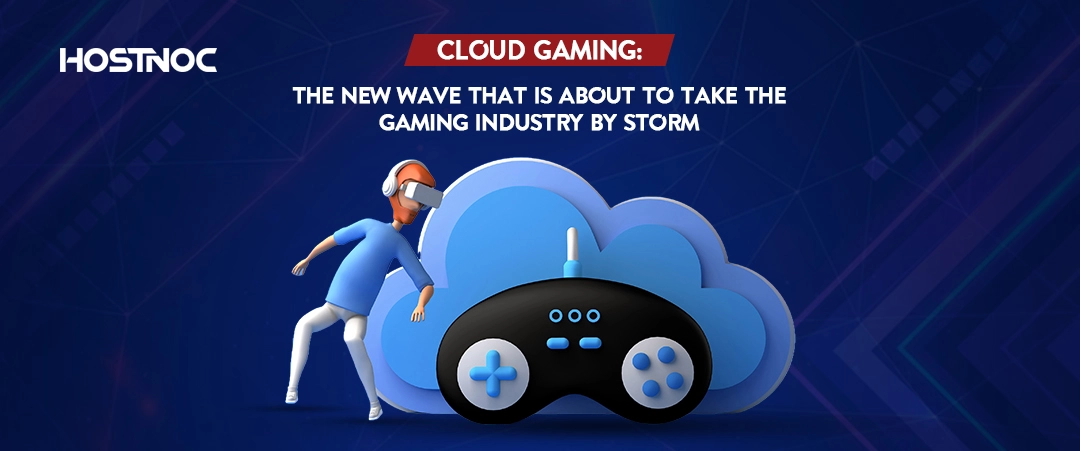Blogs
Home / Blog


If you look at the list of challenges IT leaders have to face, you will find talent shortfall, skill shortages, cybersecurity attacks, data breaches, work-related stress, and maintaining the productivity levels in hybrid or remote work environments. However, no one talks about the conundrum IT leaders face when they have to choose a new software or managed cloud service provider.
With dozens of options in front of them and all of them making similar claims, it gets difficult to choose the best-managed cloud service provider for their business. If you are an IT leader who is facing similar issues, then you are at the right place. In this article, you will learn about key factors you should take into account when hiring managed cloud services.
Here are seven factors IT leaders cannot afford to ignore when hiring managed cloud providers.
One of the primary concerns most IT leaders have when they are migrating their workloads from an on-premise dedicated server to a cloud is performance. Will I get the same level of performance from the cloud as I used to get from the best dedicated server? What steps does your prospective cloud provider take to deliver better performance and speed?
Yes, the quality of hardware does impact performance but it is not all about hardware; optimization also plays a major role in the overall speed and responsiveness. Choose a managed cloud provider that can maintain great performance over time instead of opting for a provider that can deliver good performance for short periods of time.
As an IT leader, it is your responsibility to keep your website and other digital assets accessible at all times. This is why you should consider uptime when choosing a managed cloud provider. Some managed cloud providers might offer you a better deal in terms of price but you might have to make a compromise on uptime. Ensure that you always choose a managed cloud provider which delivers high uptime via an SLA backed guarantee.
Read more: Scaling Your Website: When to Move from Shared Hosting to a Dedicated Server
This means that if they fail to maintain the level of service promised, you don’t have to pay for the service. Managed cloud service providers that offer a 99.99% SLA backed uptime guarantee should be your top priority. Some service providers also offer a free trial and you must take advantage of it to check the quality of the service before signing on the dotted line.
This will give you a better idea about how well they manage the uptime and what level of performance do they actually offer to their clients? If you are satisfied with their service during the trial period, you can finalize the deal, otherwise, you can explore alternative options.
One area where managed cloud providers differ is in terms of features. Some might offer better performance while others put more emphasis on the security aspects and this is also reflected in their features. In order to attract new clients, some managed cloud providers also offer free migration and freebies such as free SSL, domain names and much more. Instead of going after service providers that offer you a truckload of features, you should focus on cloud providers which are offering features you actually need and use. There is no point in acquiring features and paying for them when you are not going to use them.
With shrinking IT budgets and an increased push towards delivering better ROI for your IT investments, IT leaders should also look at the cost of managed cloud hosting providers. Yes, opting for managed cloud service can save you a ton of money on hiring human resources, maintenance and up-gradation of hardware and utility bills but it also comes at a higher price point as compared to unmanaged cloud services. Some managed cloud providers have hidden charges and try to hook you in long term contracts so you need to be wary of that.
As the number of cybersecurity attacks and data breaches targeting cloud infrastructure continue to grow, businesses that have migrated to the cloud have started valuing backup and disaster recovery features even more. The increasing number of ransomware attacks have also made it imperative for businesses to take backup of their data so they don’t have to pay ransom to the attacker.
As a rule of thumb, choose a managed cloud provider that offers daily data backup facility along with one-click data restore or disaster recovery options. This will give you the peace of mind that your data is in safe hands. Even if something goes wrong, you can get access to your data easily.
Maintaining security and performance is not easy especially when you are migrating your workloads to the cloud. You don’t have the same level of control that you get with an on-premise dedicated server. This is why it is even more important to have visibility into security and performance.
You don’t have frequent performance drops throughout the day or lack of security monitoring letting suspicious activities go unnoticed. Choose a managed cloud provider that offers round-the-clock security and performance monitoring. Make sure they have on-site experts to fix any issue as soon as they detect it.
Last but certainly not the least is customer support. You don’t want to be stuck with downtime with no one to help you out. This is why it is better to opt for a managed cloud hosting provider that offers 24/7 customer support. Not only that, you should always prefer a managed cloud provider that lets users acquire customer support through different channels such as phone, email, live chat or ticketing system to name just a few. The more options you have the easier it will be for you to get customer support.
Which factors do you consider when hiring managed cloud service providers for your business? Share it with us in the comments section below.
Enter your email to receive the latest news, updates and offers from HostNoc.
